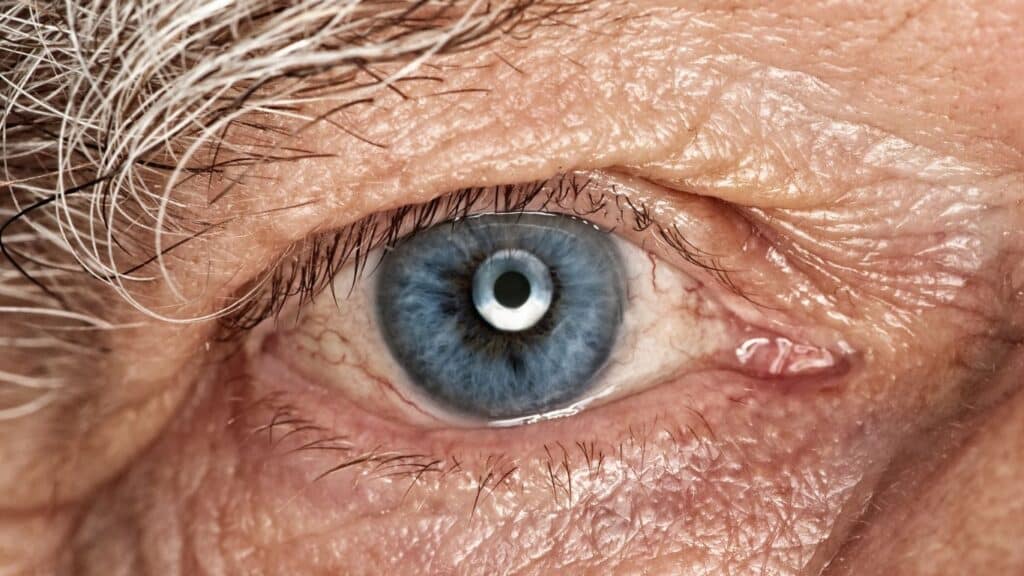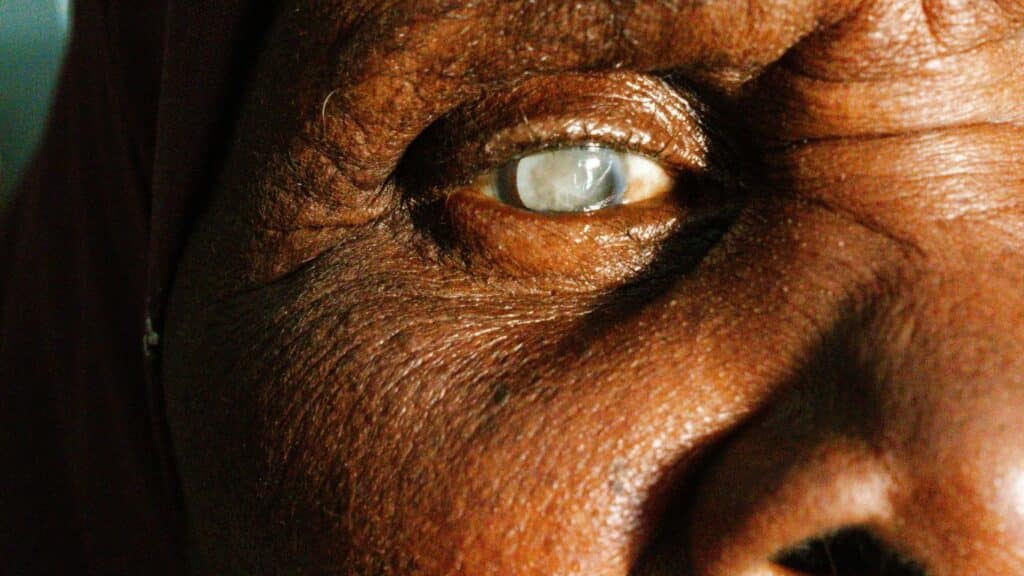Imagine waking up and finally experiencing the world without the hassle of glasses or contact lenses. Whether you're considering LASIK eye surgery or you've just undergone the procedure, the road to clear vision is an exciting journey. However, you might wonder about the best eye drops after LASIK surgery to ensure a smooth recovery.
It's natural to have questions about which ones to choose, as various eye drops each play an essential role in your healing process. Typically, the best eye drops after LASIK surgery are those recommended by your LASIK surgeon, tailored specifically to your needs. If you’re still unsure, don’t worry—Texas Vision & Laser Center is here to help. With a team of experienced eye doctors and surgeons, we are committed to guiding you every step of the way.
Book Your Consultation Today & See The World Clearly!
Various types of eye drops are prescribed after LASIK surgery, each serving a specific purpose. These can include:
Antibiotic eye drops are usually prescribed after LASIK surgery to prevent potential infections, which is crucial for ensuring a successful recovery. These drops eliminate harmful bacteria that may enter your eyes while they are healing, therefore reducing the risk of complications.
Common ingredients in these antibiotic drops include Moxifloxacin and Ofloxacin, both of which are effective in targeting a wide range of bacteria. Typically, your LASIK surgeon will advise you to use these antibiotic drops for a few days to a week post-surgery, depending on your particular situation. This short-term use is designed to provide maximum protection during the critical initial healing phase, allowing your vision to improve without any setbacks.
Steroid eye drops play a vital role in the post-LASIK recovery process. Their primary purpose is to reduce inflammation and promote healing after the surgery. When inflammation is reduced, your eyes can heal more efficiently, and you can enjoy better results from the procedure. Some common ingredients found in steroid eye drops include Loteprednol and Prednisolone. These medications are effective at controlling inflammation and ensuring your eyes recover well.
Typically, your LASIK surgeon will instruct you to use these steroid drops for a limited period, which might range from a few days to a couple of weeks. It's important to follow their guidance closely, as they might recommend a tapering schedule. This means you will gradually decrease the frequency of the drops over time instead of stopping them abruptly. Tapering helps prevent any rebound inflammation, ensuring a smoother, hassle-free recovery.
Artificial tears, or lubricating eye drops, are crucial for alleviating dryness, a common symptom many patients experience after the LASIK procedure. This dryness occurs because LASIK can temporarily affect your body's ability to produce tears naturally. Using artificial tears ensures that your eyes remain comfortable and work effectively as your vision improves.
One of the important considerations when choosing artificial tears is to opt for preservative-free artificial tears. Preservatives can sometimes irritate sensitive eyes, especially soon after surgery. Preservative-free drops lessen the chance of irritation and are gentler on healing eyes, making them ideal for use several times a day.
Popular brands of artificial tears include Systane, Refresh, and TheraTears. Each brand offers different formulations tailored to specific needs, such as long-lasting moisture or extra soothing properties. When selecting a brand, consider factors like how often you'll use the drops and any additional eye-care needs you might have. Consulting with your LASIK surgeon can also provide personalized recommendations to help you choose the best option for your situation.
Here at TVLC, our experienced eye surgeons use a personalized blend of antibacterial and steroid eye drops to optimize your post-LASIK healing process. This customized combination drop not only reduces the number of drop bottles you have to keep track of but also reduces the number of drops instilled in the eye daily. We also provide you with a detailed post-operative care plan tailored specifically to your needs, including the best eye drops after LASIK surgery for effective results.
Ready to experience the world with clear vision? Get in touch with our team at TVLC today to book your consultation and start your journey towards improved vision.
Book Your Consultation Today & See The World Clearly!
It's essential to keep in mind that dry eye is a common side effect of LASIK surgery, with studies showing over 95% of patients reported experiencing the symptoms of dry eye disease. So, here's everything you need to know:
After LASIK surgery, reshaping the cornea can temporarily affect your eyes' natural tear production. This tear film, found on the eye surface, is important because it keeps your eyes lubricated and protects them from dust and irritants. If this tear production is affected, your eyes might feel drier than usual, but usually, this is just a temporary issue and they adjust as they heal. Using artificial tears can really help by providing the moisture and comfort you need while your body gets back to its normal tear production.
With that being said, these are the symptoms of dry eye to watch out for after LASIK:
If you experience any of these symptoms, consult with your LASIK surgeon immediately. They can evaluate your condition and provide additional recommendations or treatments to help alleviate these uncomfortable symptoms.
Although dry eye is a common side effect of LASIK surgery, there are several steps you can take to manage and minimize its impact on your daily life. Some tips include:
In most cases, dry eye after LASIK is temporary and resolves on its own as your eyes heal. However, if you experience persistent or severe symptoms, it's important to consult with your surgeon for further guidance.
Now that we've covered the different types of eye drops used after LASIK surgery, let's dive deeper into choosing the right one for you.
When selecting an eye drop, here are some important factors to keep in mind:
Besides choosing the right eye drops, here are some additional tips to keep in mind for safe and effective use:
Your care doesn't stop once your eyes have fully healed from LASIK surgery. To maintain optimal vision and eye health, it's essential to follow these long-term care tips:
So, what is the best eye drop after LASIK surgery for you? Ultimately, it depends on your specific needs and preferences. Remember to consult with your surgeon for their recommendation and follow their instructions closely to ensure a smooth recovery. With proper care and the use of eye drops, you can minimize any discomfort or side effects and enjoy clear vision after LASIK surgery.
At TVLC, our skilled eye doctors are dedicated to offering the most advanced treatments and ensuring your comfort and satisfaction. By partnering with us, you benefit from our state-of-the-art facilities and comprehensive support, enabling you to achieve the clear vision you deserve.



